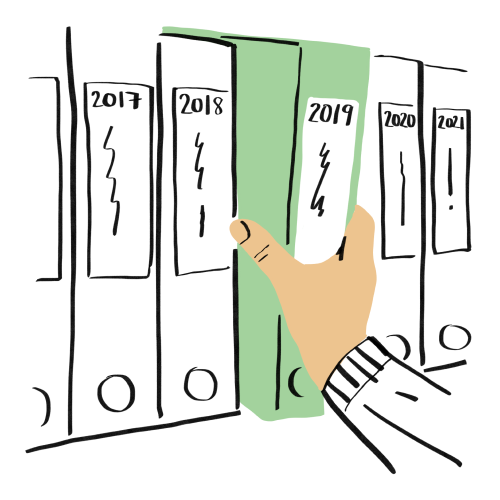Formswift: Create a Kansas lease agreement in minutes with our customizable template
Elevate your rental process with our Kansas lease agreement template. In just a few clicks, it simplifies the creation of a comprehensive Kansas residential lease agreement, saving you time and ensuring peace of mind.


Most commonly used Kansas lease agreements
The most commonly used lease agreement in Kansas is the standard residential lease agreement. This document covers essential aspects of the rental agreement, including lease duration, rent payment terms, late fees, maintenance responsibilities, and rules regarding pets, smoking, and common areas.

How to write a Kansas lease agreement
Writing a Kansas lease agreement involves several key steps:
- Start by clearly identifying the parties involved: the landlord (lessor) and the tenant (lessee).
- Include the property address and description, lease term (move-in and move-out dates), and rental amount.
- Outline tenant responsibilities, such as maintenance and utility payments.
- Specify any additional terms for tenancy you want to include.
- Ask the renter and landlord to sign the lease agreement.
Which disclosures belong in a Kansas lease agreement?
A Kansas lease agreement should include certain disclosures to ensure compliance with state laws, federal laws, and local ordinances.

Lead-based paint disclosure
If the property was built before 1978, residential landlords must disclose any known lead-based paint hazards.

Mold disclosure
It is advisable to inform tenants about the presence of mold and provide guidelines for prevention and reporting.

Kansas Landlord-Tenant Act
Provide a summary or reference to the Kansas Landlord-Tenant Act to inform tenants of their rights and responsibilities.
What you need to know about Kansas lease agreement deposits
Security deposits protect landlords against non-payment of rent or damages to the rental unit. The maximum Kansas landlords can charge is one month’s rent for an unfurnished property and one month’s rent for a furnished property. They must then return this within 30 days of the tenant’s move-out date.

Frequently asked questions
Yes, but only if it’s explicitly stated in the lease agreement. Otherwise, the rent amount remains fixed until the lease term expires. Landlords must provide a 30-day notice of a rent increase for month-to-month tenancies.
Yes, a tenant can terminate a lease early in Kansas. However, it may result in financial penalties or obligations as specified in the lease agreement.
Renter's insurance is not mandated by Kansas law, but it’s highly recommended to protect tenants' personal belongings in case of theft, damage, or accidents.
If a tenant violates the terms of the lease agreement, the landlord may take legal action, which could include eviction proceedings. Refer to the lease agreement for specific consequences and remedies.
No, except in cases of emergencies, landlords are generally required to provide reasonable notice before entering the rental property. According to Kansas state laws, landlords must provide at least 24 hours’ notice.
Looking for other Kansas documents?
Formswift is not a law firm and does not provide legal advice or representation. Formswift's documents are not a substitute for the advice of an attorney. Communications between you and Formswift are governed by the Formswift Privacy Policy but are not protected by the attorney-client privilege or as work product. Formswift does not provide advice, opinions, or recommendations about individual's legal rights, options, strategies, or the selection of forms. Your use of the Formswift website and forms is governed by the Formswift Terms of Service.